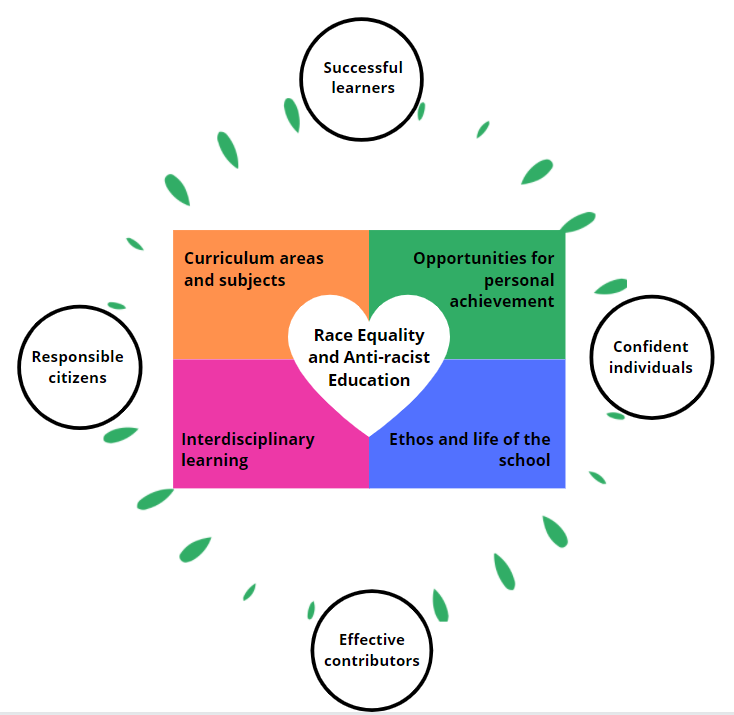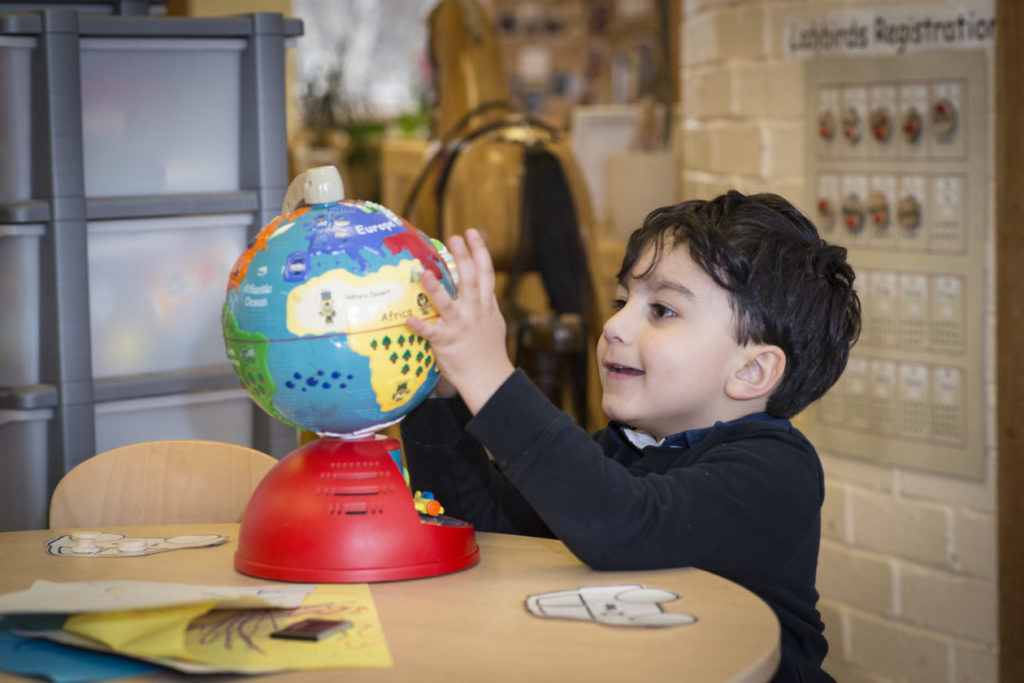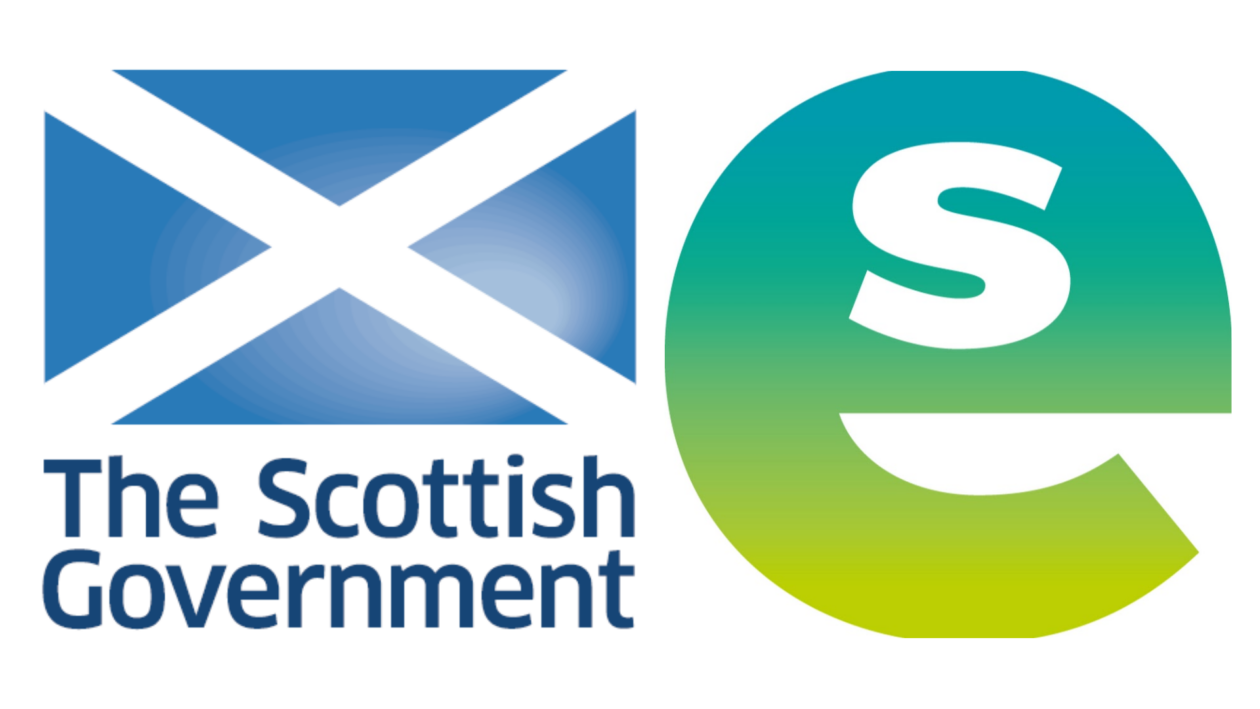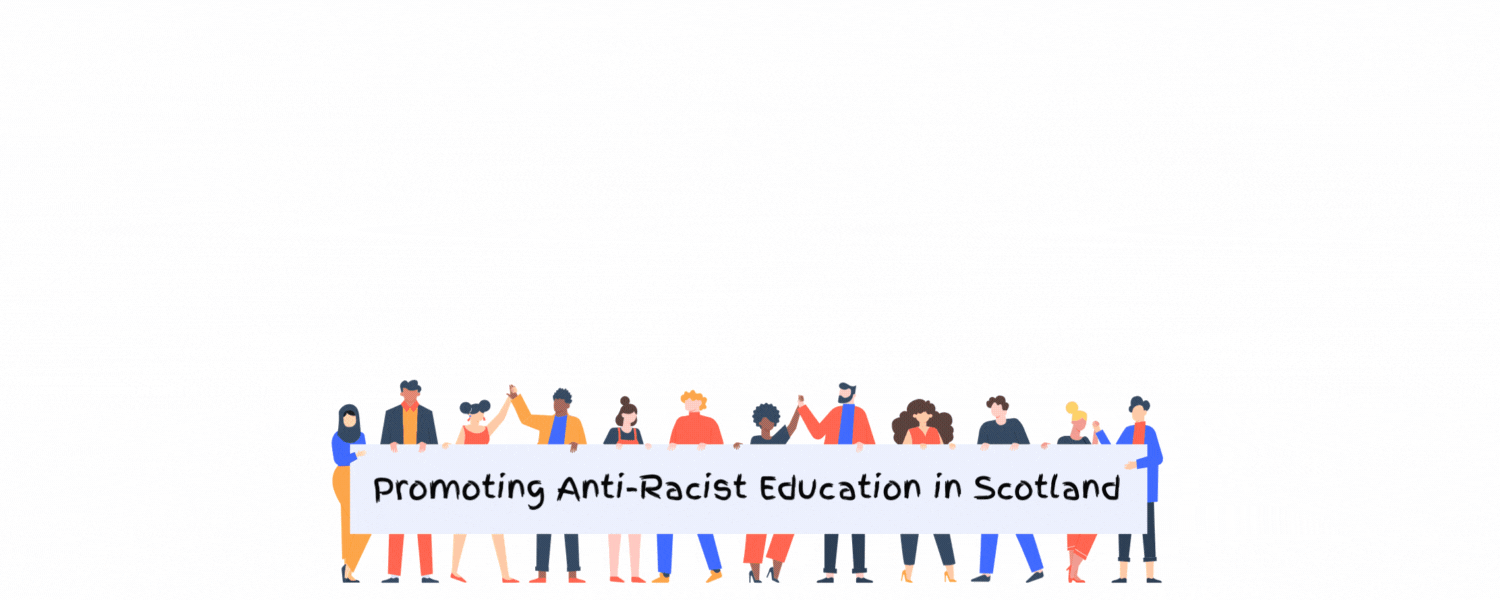The purpose of this website is to support education practitioners and stakeholders to explore the following:
- What is anti-racist education?
- Why do we need to discuss anti-racism in all establishments in Scotland?
- What do we need to do individually and together to promote anti-racism and anti-racist education?
The site has been updated to align with the Scottish Government Anti-Racism in Education Programme and is linked to the Education Scotland’s Promoting race equality and anti-racist education.
This website’s subheadings align with the work of the four different workstreams led by the Scottish Government’s Anti-Racism in Education Programme:
The following video outlines some of the background for the Scottish Government’s Anti-Racism in Education Programme:
Scotland has a wonderfully diverse society and we are all, each and every one of us, equal citizens and stakeholders of Scotland. Our vision is that Scotland in 2030 is a Scotland where people are healthier, happier and treated with respect, and where opportunities, wealth and power are spread more equally.
Scottish Government ‘Race Equality Framework for Scotland 2016-30’
Scotland’s schools and curriculum seek to promote and inspire a sense of belonging, inclusion and social justice for learners, practitioners and the wider community. Racism of any form has no place in Scotland, and our education system provides an opportunity for the learning, debate and leadership that will help us to eradicate racism in wider society.
Learners have a right to learn in an equitable environment where all cultures, religions, identities and languages are recognised and valued and where the curriculum responds positively to the diverse needs of individual learners, reflecting the uniqueness of our communities. Anti-racism in education is for all learners, whether living in one of Scotland’s cities or in a small rural community. Anti-racist education is set in a rights-based context, supporting learner agency and is underpinned by the four capacities.

Anti-racist education in Scotland supports and is supported by wide-ranging work and programmes. Some of these complementary areas of work that are underway include, but are not limited to:
- Improving Gender Balance and Equalities

- Time for Inclusive Education
- Rights based approaches
- Developing global citizens
- Developing the young workforce
- Equally Safe at School
- Learning for Sustainability


